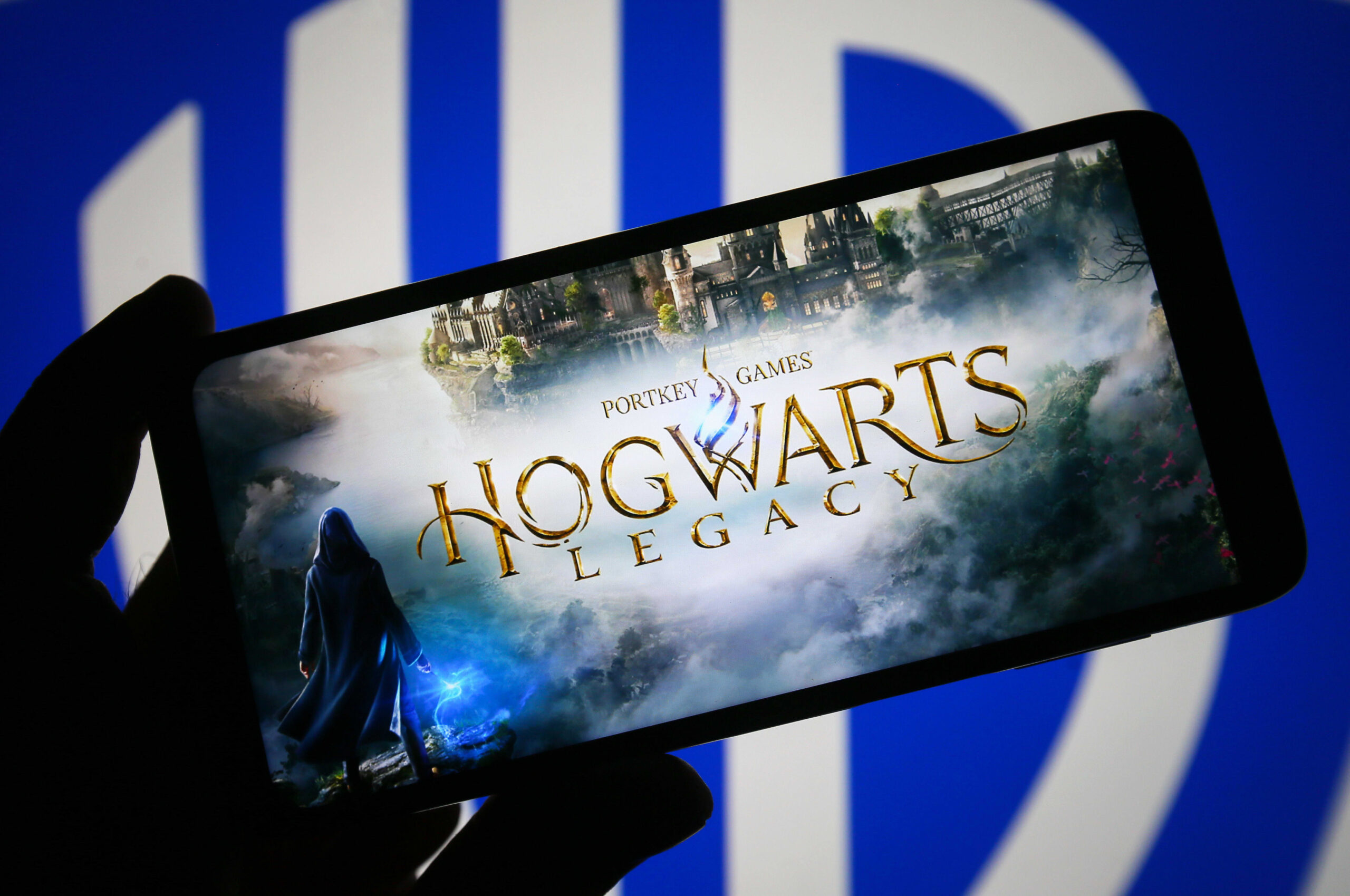
This article is part of CNBC’s Cities of Success series, which explores cities that have transformed into business hubs with an entrepreneurial spirit and attracted capital, companies and employees.
The video game industry in Utah has become a powerhouse, growing more than 230% in the last decade and bringing in more than $2.3 billion in revenue last year.
And it’s not stopping: The market is expected to reach an impressive $4.5 billion in economic contribution within five years, according to market research firm IBISWorld.
One of the key drivers behind the growth is the University of Utah’s cutting-edge video game program.
Inside a classroom in Salt Lake City, students here are immersed in studying video games — not just playing them, but also creating them, fueling an industry that has deep roots at the campus.
Those were the kind of people I wanted on my team.Donald MustardFormer Epic Games chief creative officer, ‘Fortnite’ co-creator
The university boasts a legacy that includes industry luminaries Doug Bowser, president of Nintendo of America, and Nolan Bushnell, founder of Atari and creator of the iconic game “Pong.”
Alumni of the school have gone on to create games generating more than $2 billion in lifetime revenue, according to the university.
“There were just a whole host of people who came here to go to school and then graduated and were pivotal in the games industry,” Michael Young, chair of the University of Utah’s division of games, said in an interview for CNBC’s “Cities of Success: Salt Lake City,” which premieres Dec. 10 at 10 p.m. ET.
Leveling up
| Name | Achievement |
|---|---|
| Doug Bowser | President of Nintendo of America |
| Nolan Bushnell | Founder of Atari, Creator of “Pong” |
| John Blackburn | Vice President and Studio Head at WB’s Avalanche Studios, Lead on “Hogwarts Legacy” |
| Ed Catmull | Co-founder of Pixar, Former President of Walt Disney Animation Studios |
| Richard Evans | Pioneer in AI for Video Games, Known for “The Sims” |
Before it became a formalized program, the University of Utah’s gaming initiative began modestly within the computer science department, according to Young.
It wasn’t until 2008, when a group of students proposed a dedicated gaming area of study, that it gained traction.
By 2010, the entertainment arts and engineering program, known around campus as EAE, was established with a structured curriculum with a dedicated focus on gaming and interactive entertainment.
In 2017, the EAE program launched a bachelor’s degree in gaming, marking a significant step in its development. By 2021, it had become the university’s 10th-largest major, attracting around 1,200 undergraduates each year.
“The demand has just skyrocketed,” Young said.
In the Princeton Review’s 2024 rankings for top game design schools, the University of Utah rose to No. 4 for both undergraduate and graduate programs, up from No. 7 and No. 6, respectively, in 2023.
Today, the program attracts a global student body, with 72% of its graduate students coming from outside Utah.
The university has committed $25 million to support further expansion of the program.
Top-grossing games
John Blackburn, vice president and studio head at Avalanche Software, a division of WB Games, Inc., and a University of Utah alumnus, credits the success of 2023’s bestselling game, “Hogwarts Legacy,” to a talented team in Salt Lake City that includes many graduates of the university.
The game surpassed $1 billion in revenue last year.
“There are probably at least 30 people here directly from that program,” Blackburn said.
According to Blackburn, the University of Utah’s contributions to the gaming industry extend back to pioneering work in 3-D graphics, including the creation of the first 3-D graphics image and the development of early flight simulators by companies such as Evans & Sutherland.
“That has really bled into the local games scene,” said Blackburn. “And so people leave those companies and then make game companies.”
Blackburn cofounded Avalanche Software in 1995, initially gaining recognition for its development of “Mortal Kombat” for the Super Nintendo and Genesis and later developing a reputation with titles such as “Cars” and “Toy Story 3” during its collaboration with Disney.
In 2017, Epic Games, headquartered in Cary, North Carolina, launched “Fortnite” — one of the world’s most popular games, with more than 500 million registered users.
Teams from around the world contributed to its creation, including some in Salt Lake City, where Donald Mustard, former chief creative officer at Epic and the game’s co-creator, was based.
“The University of Utah and [Brigham Young University], as well as some of the other schools in Utah, have done a really good job building relationships with the developers that are in the area,” Mustard said.
He also highlighted Utah’s unique approach to education: “While some of these students are in school, they have to make their own video game. That’s a very unique skill set that not a lot of people have.”
“Those were the kind of people I wanted on my team,” Mustard said.

